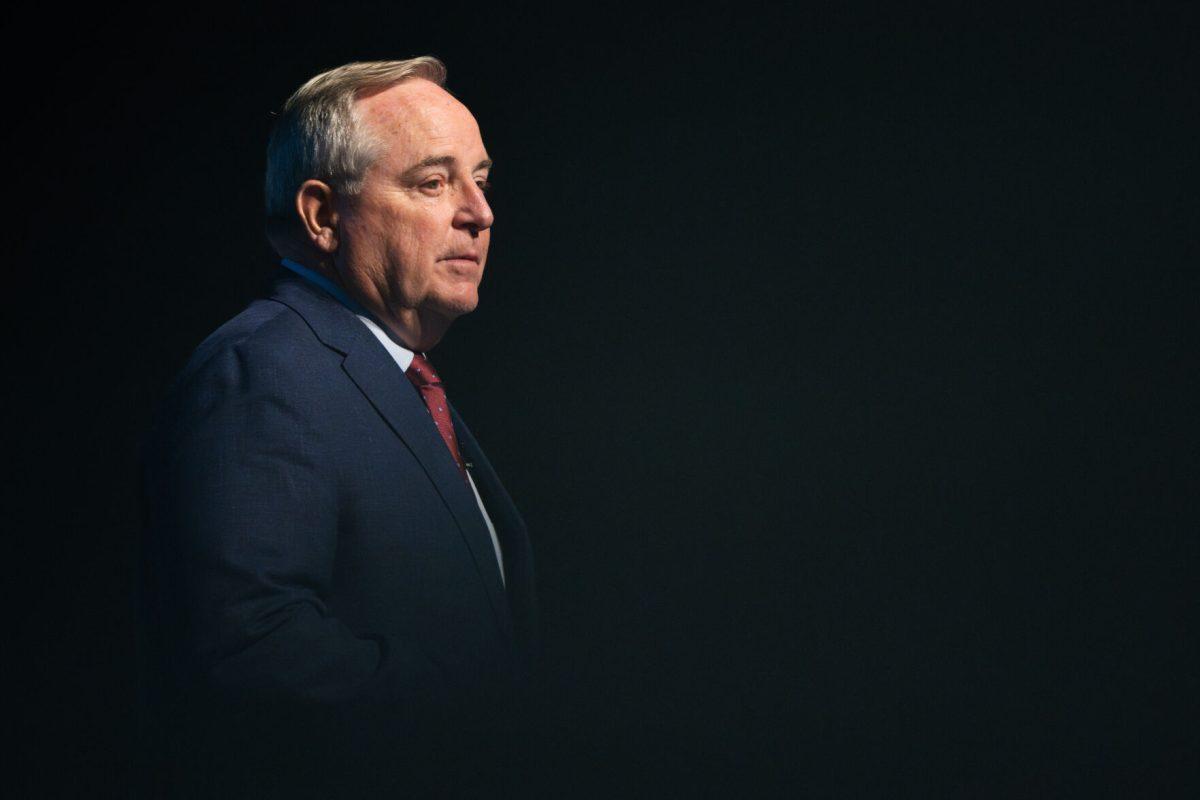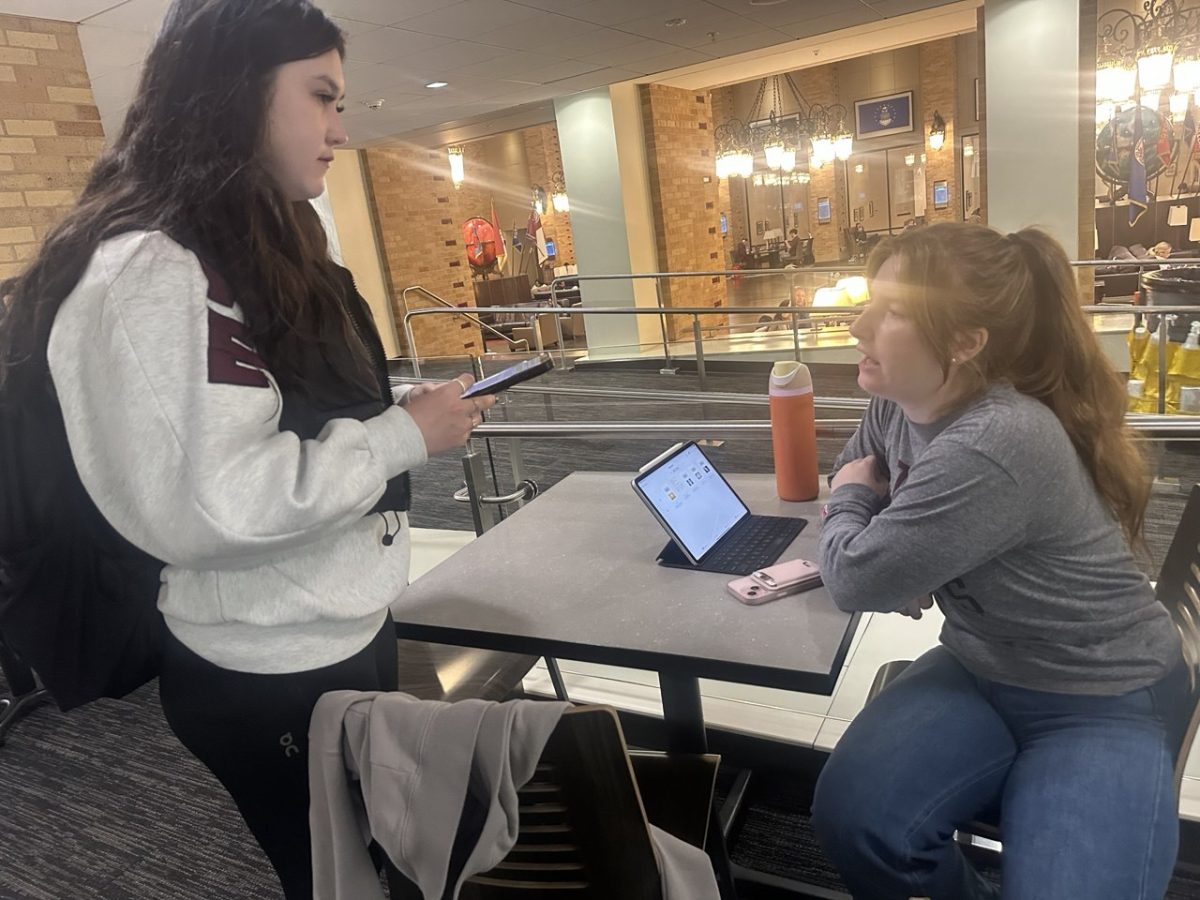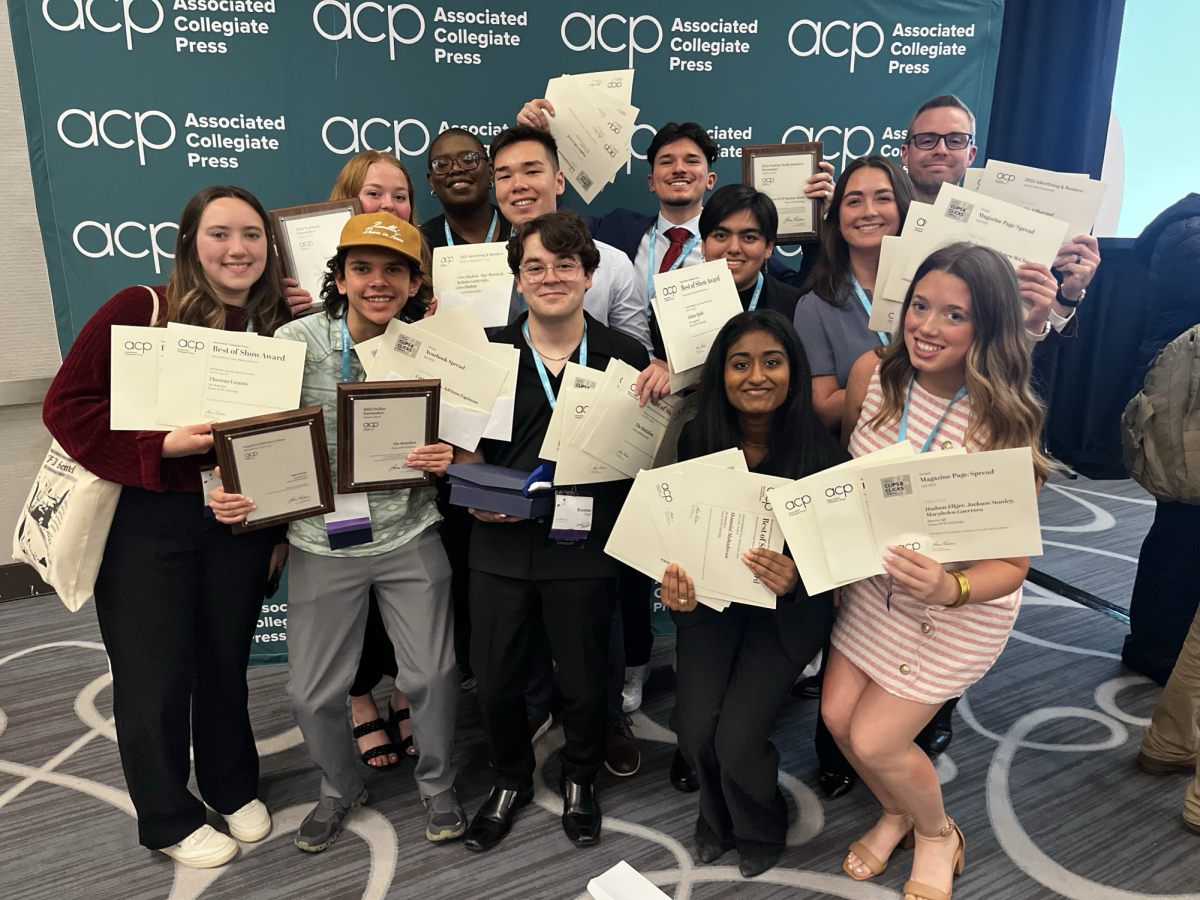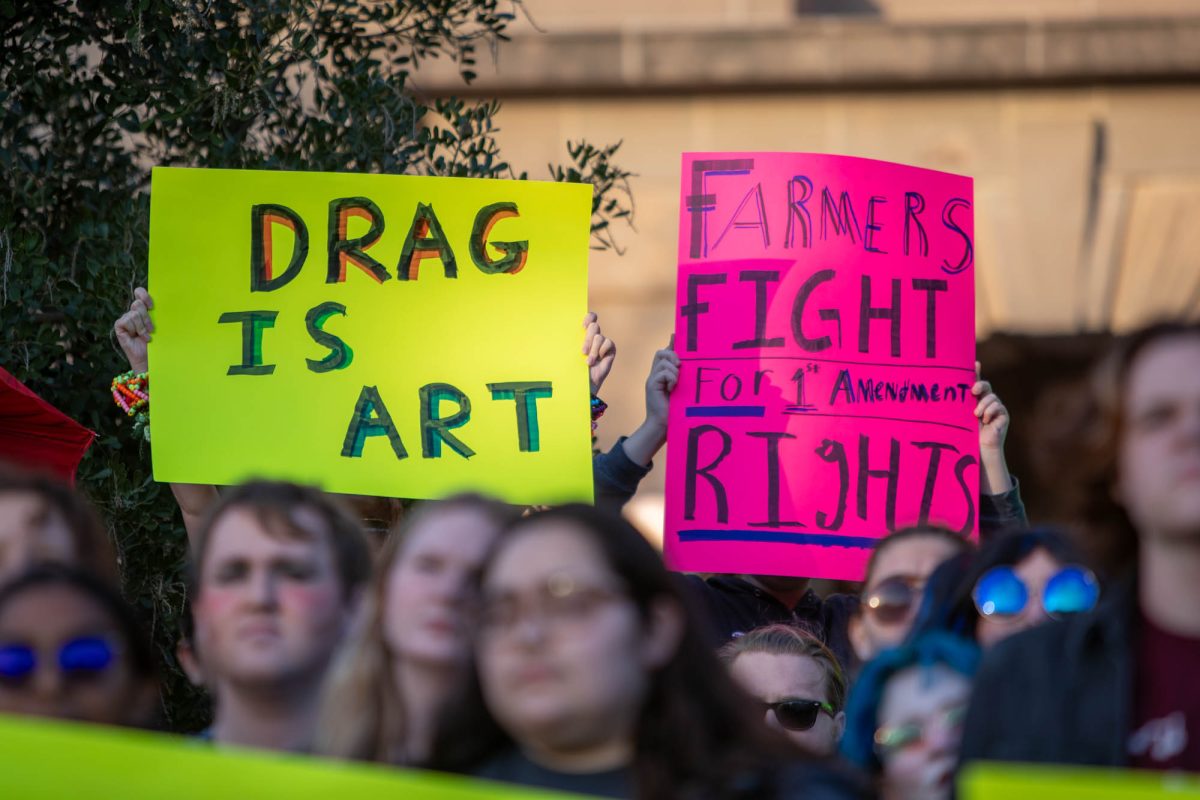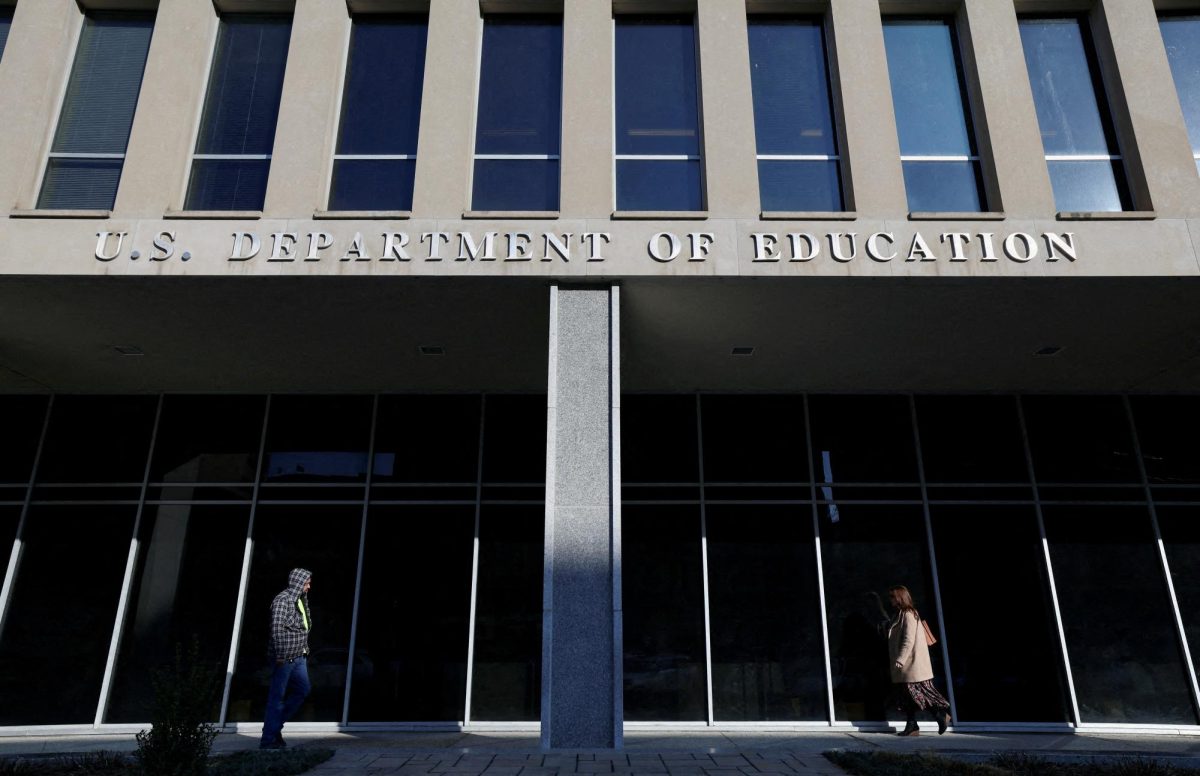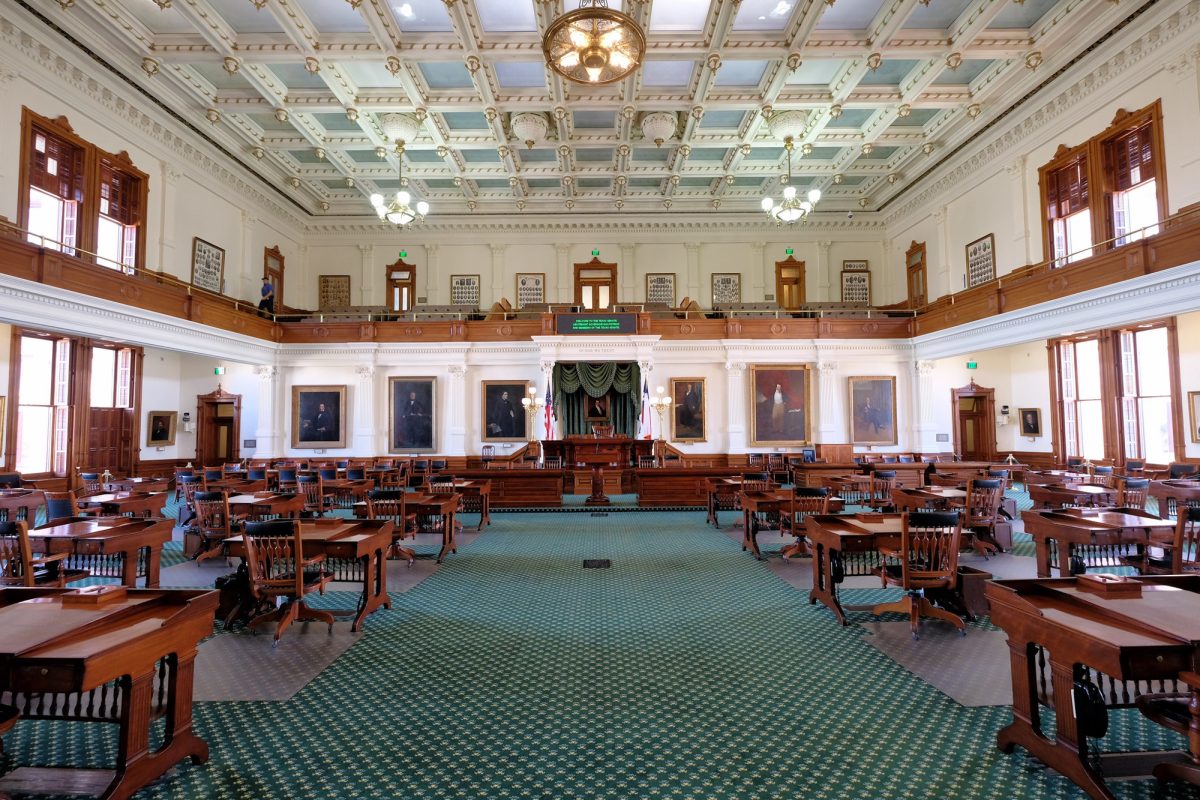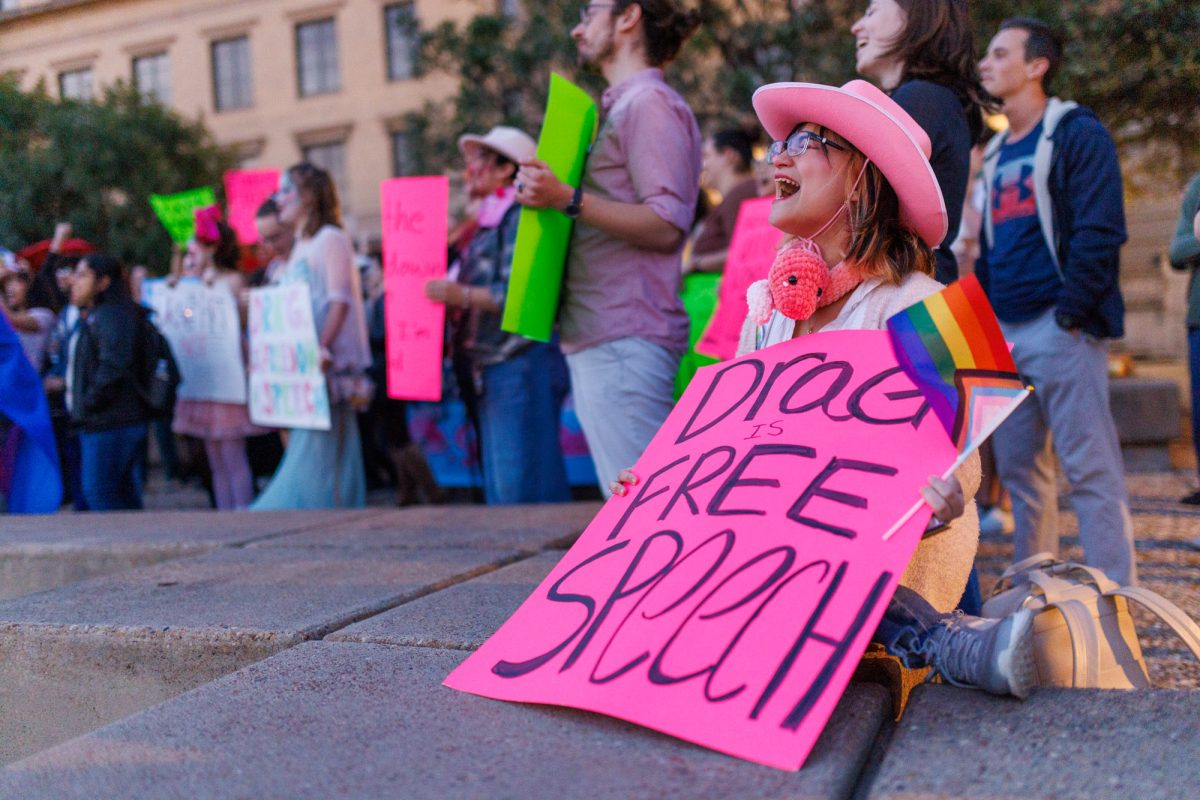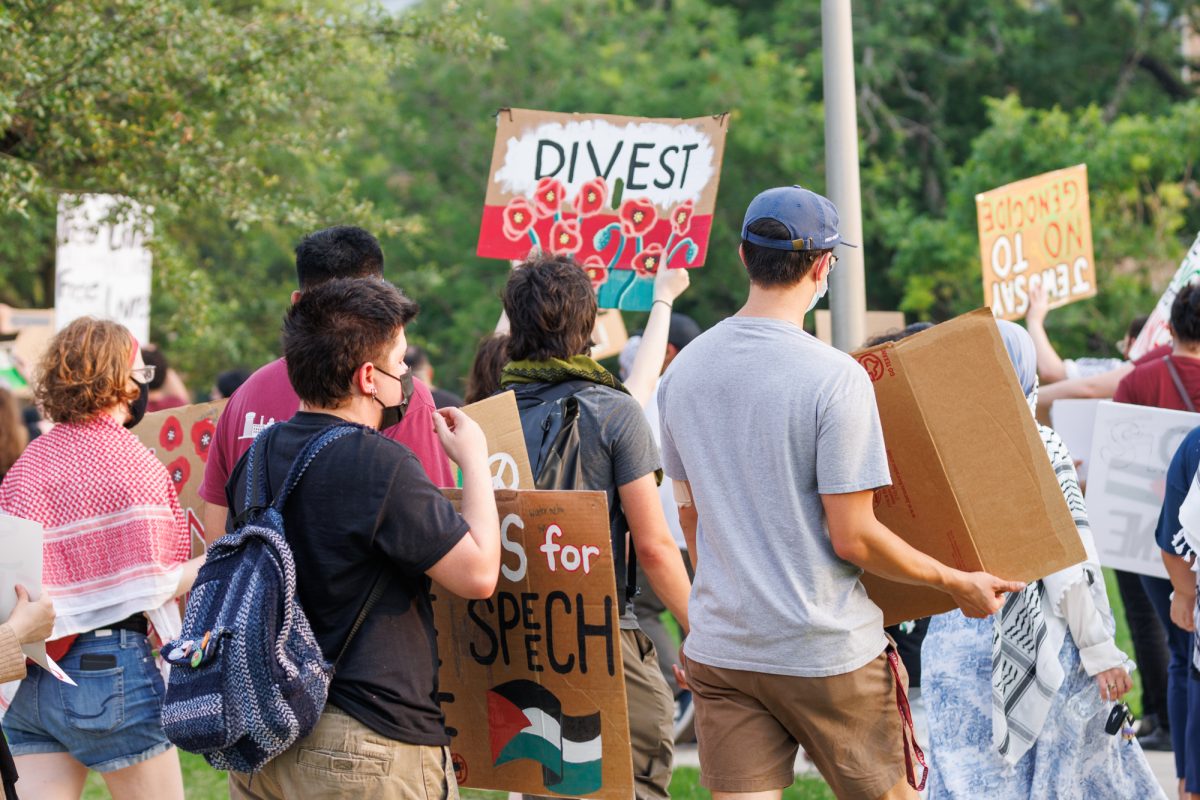President Joe Biden’s student loan forgiveness plan has been blocked again in federal court.
Missouri Attorney General Andrew Bailey obtained a court order to block the policy on Oct. 3, only 24 hours after a Georgia federal judge allowed for the expiration of the restraining order previously placed on the plan. The state of Georgia dropped its lawsuit, citing a lack of standing, and transferred the case to Missouri courts, where seven states are now suing the U.S. Department of Education. The plan would forgive up to $20,000 for Pell Grant recipients and up to $10,000 in debt for individuals making less than $125,000 a year.
Initially, the plan was struck down by the Supreme Court, which argued that the Department of Education does not have the authority to enact this policy, an argument that lower courts are also using. Currently, the policy is tied up in lower courts as states continue to block the program from proceeding through the next steps to implement student debt forgiveness.
“Congress gives administrative agencies, like the Department of Education, certain powers under statutes, and agencies can’t violate those statutes when they carry out those responsibilities,” Texas A&M associate professor of law Daniel Walters, Ph.D., said. “What the court held was that Congress had not clearly authorized the loan forgiveness program.”
The issue’s polarization stems from how voters believe the policy will impact the economy, and those who lean liberal tend to believe that the policy will boost the economy, according to the New York Times. The argument is that forgiving student loans will free up money for those who need it, facilitating economic growth from more spending.
“I think it serves as a decent band-aid on the wider issue of the cost of college tuition,” history senior and vice president of Aggie Democrats Zach Spanhak said. “It actually goes back into our economy in the sense that if people are not paying for their student loan repayments, they’re then able to use that money in other sectors of the economy.”
On the other side, some conservatives, like chairman of A&M College Republicans and political science graduate student Jake Turner, believe forgiving student loans will cause a rise in the tuition costs and contribute to higher education’s unaffordability.
“When the government starts subsidizing these student programs, my belief is that these things would simply get more expensive,” Turner said. “If the government starts giving people money to go to universities, the universities say, ‘OK, you have more money, so I get to charge you more.’”
Emily Cook, Ph.D., an assistant professor in the Department of Economics, said it is difficult for economists to accurately predict any outcome because it is heavily dependent on individual behavior.
“Generally, it would depend on people’s likelihood of actually consuming the extra income,” Cook said. “Let’s say it takes your loan balance down to zero. … That extra income could either go into savings or it could be spent, and the economic impact … would depend completely on the propensity to spend that money.”
Editor’s Note: A previously published version of this story reported that Emily Cook’s title was associate professor. Her title has been corrected to assistant professor.






